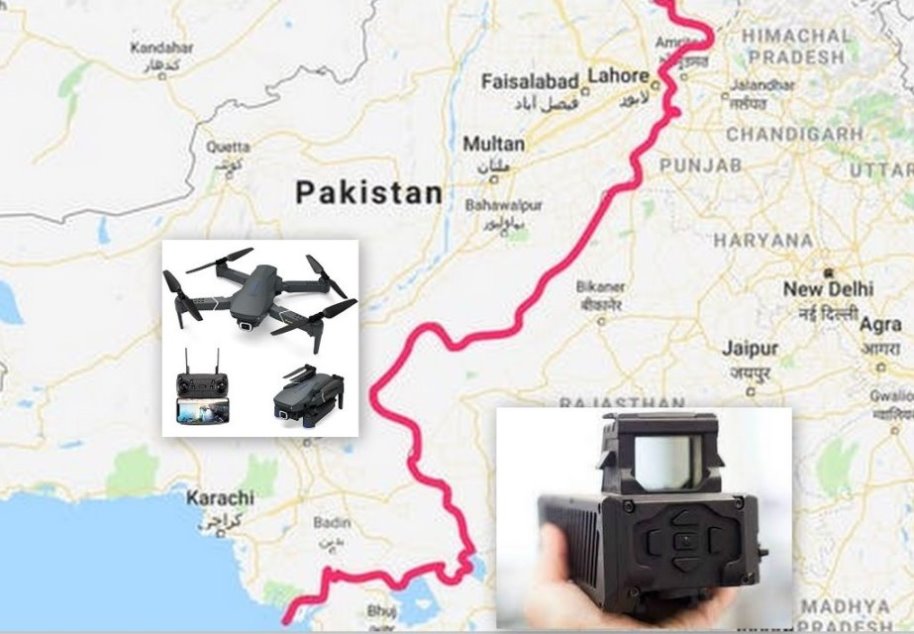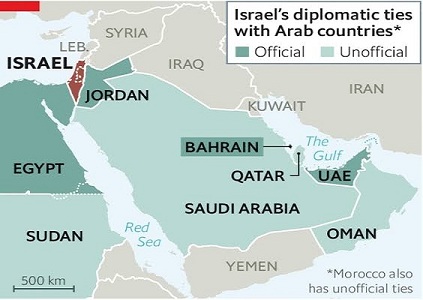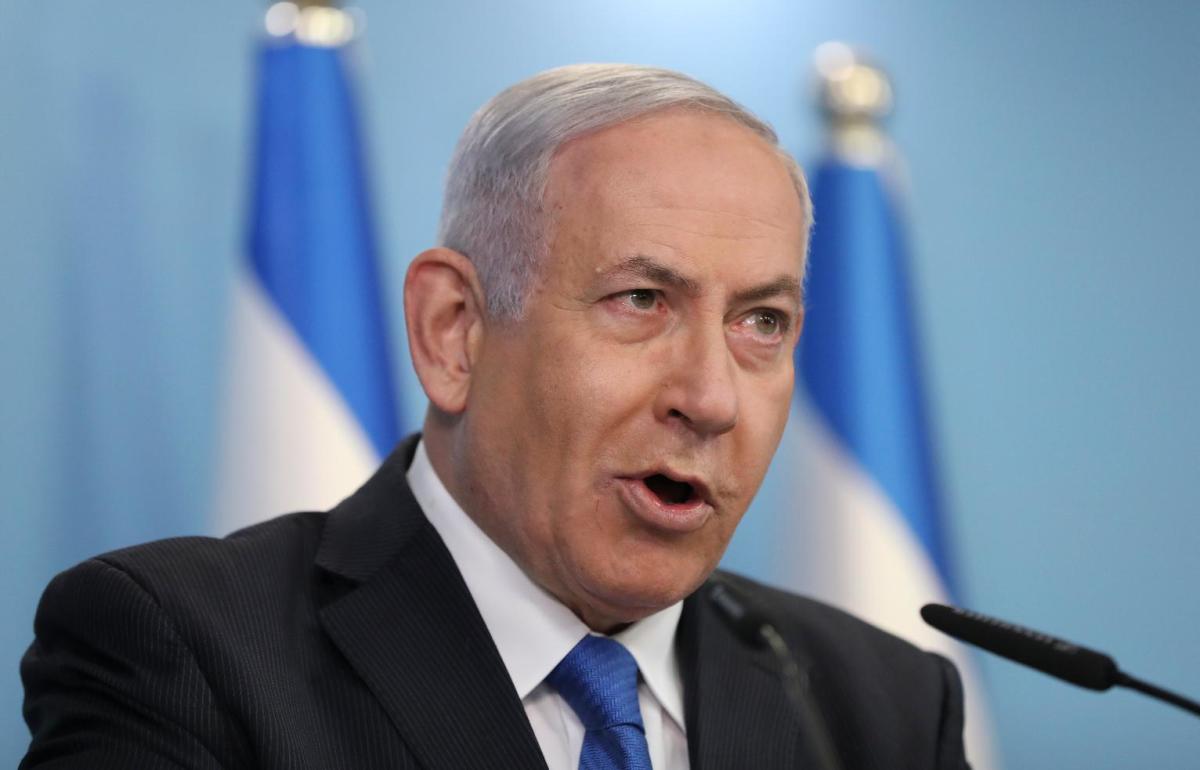Indian security establishment could soon make a decision on the deployment of anti-drone technology at military installations across the country. Armed forces are reportedly carrying out drills with the Israeli anti-drone SMASH 2000 Plus systems. This Israeli anti-drone system may be procured on an immediate basis. The development on upping the ante in national security comes in the wake of a first-of-its-kind drone attack in the country earlier on Sunday. At Jammu airport after 1:30 am on Sunday, Unmanned Aerial Vehicles were used to drop two bombs at an Indian Air Force (IAF) station. The twin low-intensity blasts damaged a building and injured two IAF personnel. After Sunday’s low-intensity blasts at Jammu airport, anti-drone technology climbs up the priority-list for Indian security establishment.
Also See: Cyber warfare from China-part-II
Central agencies said that after the August 5, 2019 abrogation of Article 370, over 300 drones and unidentified flying objects have been sighted along the sensitive border with Pakistan. Article 370 that granted special status to Jammu and Kashmir has always been a bone of contention between India and Pakistan, which has used the issue to fuel its proxy war in J&K. Intelligence sources warned that currently the armed forces are not suitably equipped with technology to tackle these new lethal sky-floaters.
It was also reported that suspected drone activity was also seen late last night, in Kunjwani in the Ratnuchak area of Jammu. This disclosure was made on Tuesday morning by people familiar with the development.
Also See: Cyber warfare from China-part-I
The MHA has handed over the investigation of the Jammu drone attack case to the National Investigation Agency (NIA).
Smash 2000 plus system
The Israeli anti-drone SMASH 2000 Plus systems are fitted on a rifle and can target drones flying at high speeds, as per defence sources. Indian Navy has already started the process of procuring these defence systems. Indian Army and the Indian Air Force might take these up soon as well. As they fly at low altitudes, drones are often difficult to catch on the radar. In such cases, security personnel can only rely on a manual approach in spotting these drones and bringing them down when they get close.
Israeli-made SMASH 2000 Plus anti-drone systems can be retrofitted onto an AK-47 or any other rifle of a similar make. This device can detect drones and other small flying objects. People in the know stated that an important operational advantage of the SMASH 2000 plus system is that it can be used both during daylight and nigh-time. The defence ministry was already mulling over the installation of these anti-drone systems at major military stations. Now, after the Jammu attack, the government can make a decision soon in this regard. To fasten the acquiring of the systems, the ministry has separately empowered army chiefs to procure items of immediate need.
After the Jammu incident, the bomb disposal squad of the National Security Guard and a National Investigation Agency team were sent to the Indian Air Force station in Jammu. To carry out the twin blasts, low-flying drones were used in the early hours on Sunday to drop two IEDs, in a first-of-its-kind attack on a defence establishment.
Also Read: Low-intensity twin-blasts rocked Jammu airport; two injured
It was suggested that the drones were likely flown from across the international border with Pakistan but further investigation will ascertain the exact flight path and outfits behind it.
Agencies reported increased drone activity by Pakistan in June. At least three drone strikes have been thwarted, as per central agencies. One drone went back to Pakistan, but arms were recovered by the border security forces. Over the months, intelligence reports suggested that Pakistan might be sending drones across its border with India. The purpose for such drones were either to drop weapons or communication equipment that would help the ISI in picking up intelligence or tracking movement of Indian forces.
It is worthwhile to note that in June 2016, mastermind of “Mumbai 26/11 attack” Hafiz Mohammad Saeed had stated that India would face dire consequences if it continues to show aggression against Pakistan and let US aircraft to use its airbase. Hafiz Saeed, chief of Jamaat-ud-Dawah (JuD) had also threatened that Pakistan would not hesitate to use nuclear bombs or drones carrying nuclear warheads if India attacks. He had infamously stated that if India uses drones, it must remember that Pakistan has enough drones for entire India. In 2018, Hafiz Saeed has said that America cannot drone strike his outfit’s headquarters in Lahore.
Saeed’s organizations with dubious records like JuD and Falah-i-Insaniyat Foundation (FIF) have been banned from collecting donations. JuD is known for contemplating on use of drone technology to attack any target nation.
Hence, acquiring of the anti-drone systems would be operationally prudent with threats looming near the J&K border, fuelled by Pakistan-based extremists and terror groups.





